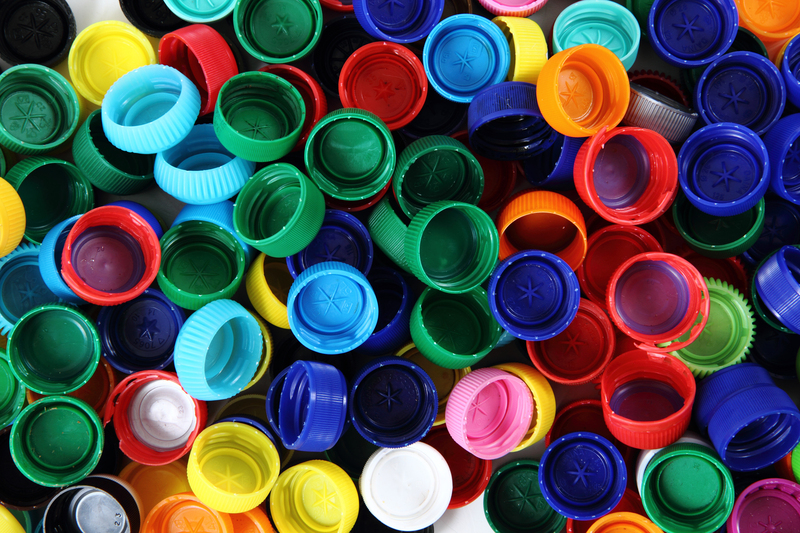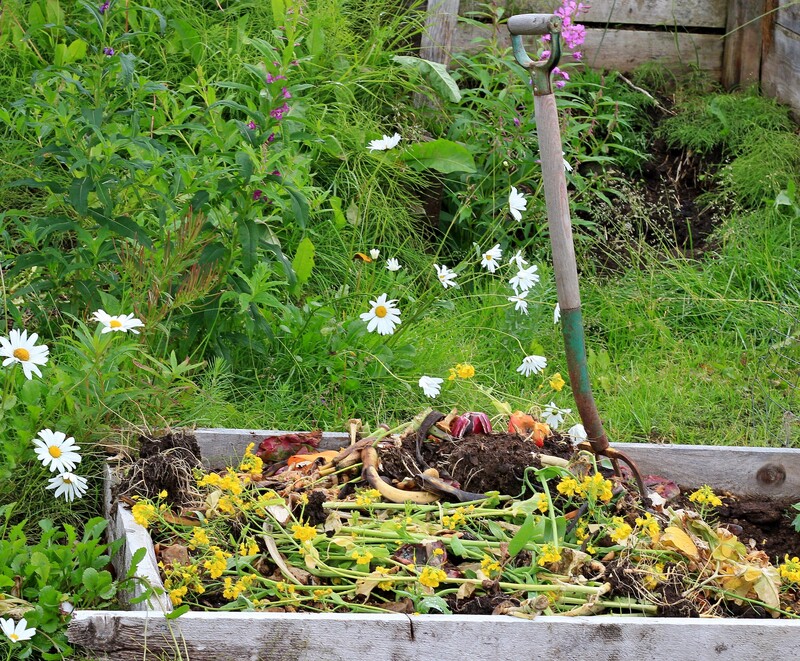How to Make PPE Waste Disposal a Responsible Habit
In the wake of increased health awareness and safety measures, Personal Protective Equipment (PPE) use has become a global norm in healthcare, workplaces, and even daily public life. Items such as masks, gloves, face shields, and gowns offer crucial protection. However, the surge in PPE usage has intensified a parallel concern: improper PPE waste management. Learning how to make PPE waste disposal a responsible habit is vital for safeguarding public health, protecting the environment, and ensuring a sustainable future. In this comprehensive guide, we'll explore the importance of responsible PPE disposal, practical strategies, and tips for individuals and organizations to adopt eco-friendly habits.
Understanding PPE Waste and Its Environmental Impact
PPE waste refers to discarded items designed to protect users from infections, chemicals, or hazards. These often include:
- Disposable masks (surgical masks, N95 respirators)
- Gloves (latex, nitrile, vinyl)
- Face shields and goggles
- Gowns and coveralls
- Polluting waterways and soil with microplastics and chemicals
- Threatening wildlife that can ingest or become entangled in waste
- Spreading pathogens if contaminated PPE is mishandled
- Contributing to landfill overflow and greenhouse gas emissions

Why Is Responsible PPE Waste Disposal Important?
Responsible PPE disposal is essential due to several key reasons:
- Public Health Protection: Minimizing the risk of viral and bacterial spread from contaminated waste.
- Environmental Conservation: Reducing the accumulation of non-biodegradable material in nature.
- Legal Compliance: Honors local, national, and international waste management regulations.
- Social Responsibility: Sets an example for others, encouraging widespread adoption of safe habits.
Practical Steps to Make PPE Waste Disposal a Responsible Habit
1. Awareness and Education
The first step in establishing responsible PPE disposal habits is education. Understanding the types of PPE waste and their risks can increase attentiveness to disposal methods. Share information within your community, workplace, and online to promote broader responsible behavior.
2. Use the Right Bins
Always dispose of used PPE in designated bins. Many regions have special PPE waste bins marked for infectious or hazardous materials. If unavailable, use a sealed bag to contain the items until you reach the appropriate disposal point. Never discard PPE in regular recycling bins as this can contaminate recyclables and pose danger to workers.
3. Handle With Care
Before disposing of single-use PPE, remove and handle them carefully:
- Do not touch the external surface of masks and gloves
- Turn gloves inside out when removing
- Dispose immediately after use, especially if visibly soiled
4. Reduce, Reuse, and Substitute
While some PPE is designed for single use, consider eco-friendly options whenever feasible:
- Reusable masks and face shields: Wash fabric masks regularly and sanitize reusable items according to guidelines.
- Buy in bulk: Reduces packaging waste and overall footprint.
- Opt for biodegradable or recyclable PPE: Some brands offer compostable or recyclable alternatives.
5. Encourage and Lead by Example
Set an example for responsible PPE waste disposal in your home, workplace, or school. Encourage friends, family, and colleagues to follow safe and sustainable practices. Organize community cleanups and educate others on the importance of responsible PPE management.
How Organizations Can Foster Responsible PPE Waste Disposal Habits
1. Develop Clear Policies and Procedures
Create and enforce PPE waste management policies, detailing proper collection, segregation, storage, and disposal. Clear signage and regular training sessions will reinforce these habits among staff.
2. Provide Special Disposal Bins
Place clearly labeled PPE disposal containers in key locations--such as entrances, exits, and high-traffic areas. These bins should be emptied frequently and handled by trained staff.
3. Train Employees and Contractors
Regularly train all personnel on responsible PPE handling and waste disposal procedures. Include guidance on:
- How to safely remove and dispose of PPE
- What can and cannot be recycled
- Emergency response if accidental contamination occurs
4. Track and Measure Waste
Monitor the quantity and type of PPE waste generated. Use this data to:
- Identify areas where waste can be reduced
- Set reduction targets and measure progress
- Refine waste management strategies
5. Choose Sustainable Suppliers
Partner with suppliers that offer environmentally friendly PPE and support sustainable packaging and recycling initiatives.
Eco-Friendly Alternatives to Traditional PPE
As awareness grows, the market for sustainable PPE is expanding. Consider the following alternatives:
- Reusable cloth masks made from organic materials
- Face shields constructed from recyclable plastics
- Biodegradable gloves made from innovative plant-based polymers
- Sterilizable and reusable gowns
Adopting these products helps minimize PPE waste and reduces environmental impact.
Debunking Common Myths About PPE Waste Disposal
-
Myth: All masks and gloves can be recycled.
Fact: Most disposable masks and gloves are not recyclable in standard facilities due to contamination and material composition. -
Myth: PPE waste is insignificant compared to other waste types.
Fact: Since the COVID-19 pandemic, PPE waste has been a growing component of urban refuse, overwhelming some landfill systems. -
Myth: PPE breakdown in landfills is harmless.
Fact: Many PPE items release microplastics and toxic chemicals as they degrade, harming ecosystems.
Tips to Make Responsible PPE Waste Disposal a Part of Daily Life
- Place a dedicated PPE bin at your home or office entrance
- Carry a resealable bag for used PPE when traveling
- Mark your calendar to clean reusable PPE regularly
- Reward yourself and others for following eco-friendly disposal habits
- Stay informed on local PPE waste guidelines and updates
Routine and repetition are key to forming new habits. Small, consistent efforts add up to make a substantial positive impact.
Community Initiatives and Global Response
Many cities and organizations have launched community programs to tackle PPE waste responsibly:
- Voluntary collection drives in parks and public spaces
- Collaboration with environmental NGOs
- Development of innovative PPE recycling technologies
- Educational campaigns featuring local leaders and influencers
Frequently Asked Questions About Responsible PPE Waste Disposal
-
Can PPE waste be recycled?
In most cases, single-use PPE is not recyclable in household curbside programs. Specialized facilities or programs may accept these items, but it's essential to check local guidelines. -
What should I do if there's no PPE disposal bin nearby?
Place used PPE in a separate bag, seal it securely, and dispose of it with your household waste. Always wash your hands afterward. -
Are biodegradable PPE products effective?
Yes! Some biodegradable masks and gloves meet health and safety standards. Choosing certified products helps reduce environmental burden. -
How can I get my workplace to take PPE disposal seriously?
Advocate for clear policies, provide training, and suggest introducing labeled disposal bins throughout the facility.

The Future of PPE Waste Disposal: Innovations and Trends
Technology and innovation are paving the way for sustainable PPE waste management:
- Plastic-to-fuel conversion: Converting used PPE into alternative fuels
- Advanced sterilization and recycling processes
- Design of PPE with eco-friendly and biodegradable materials
- Smart bins with sensors for touchless disposal and real-time monitoring
Conclusion: Habits Shape a Safer, Greener Future
Learning how to make PPE waste disposal a responsible habit is critical in our increasingly health-conscious world. By understanding the environmental impact, following proper disposal methods, and choosing sustainable products, both individuals and organizations can greatly minimize the harm caused by PPE waste. Forming consistent, responsible habits empowers us all to protect our communities and the environment.
Every action counts. Let's lead the way in making PPE waste disposal a daily, responsible practice--for a cleaner, safer, and healthier future!
